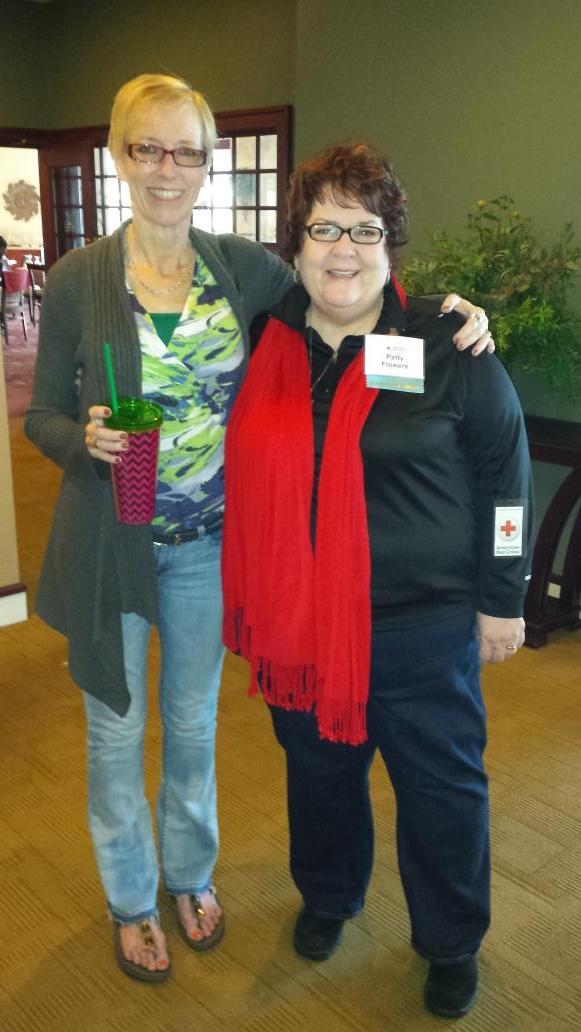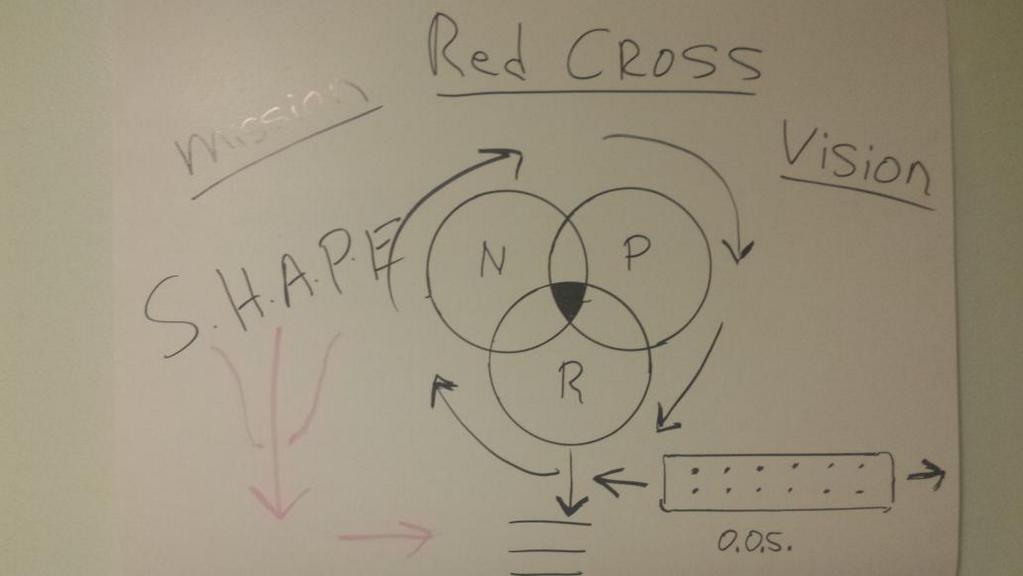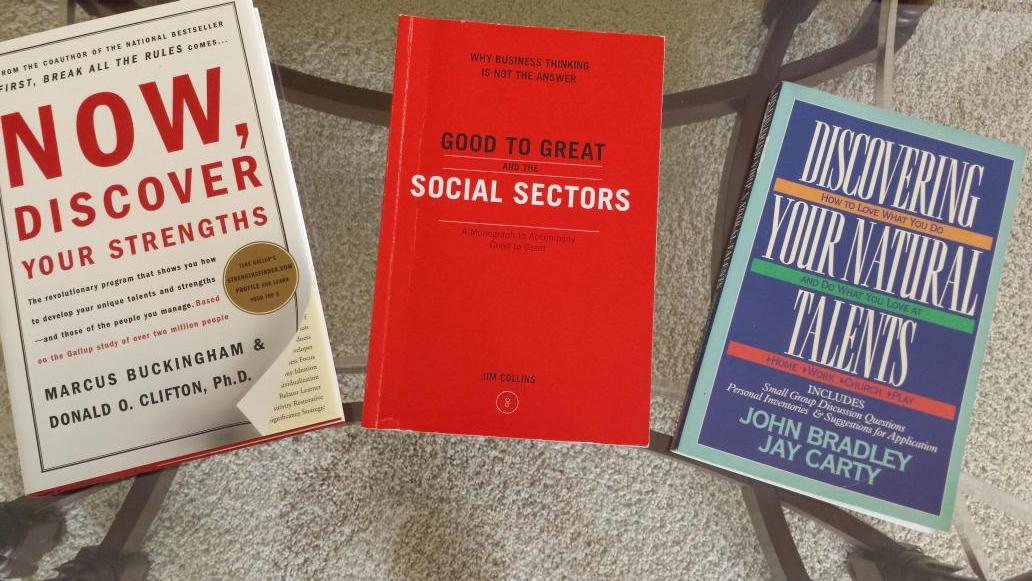A few words on "Strength" from the book of Psalms:
The Lord is my strength and my shield;
my heart trusts in him, and he helps me.
My heart leaps for joy,
and with my song I praise him. Psalm 28:7
The Lord is the strength of his people,
a fortress of salvation for his anointed one. Psalm 28:8
The Lord gives strength to his people;
the Lord blesses his people with peace. Psalm 29:11
God’s Call
The Lord is my strength and my shield;
my heart trusts in him, and he helps me.
My heart leaps for joy,
and with my song I praise him. Psalm 28:7
The Lord is the strength of his people,
a fortress of salvation for his anointed one. Psalm 28:8
The Lord gives strength to his people;
the Lord blesses his people with peace. Psalm 29:11
God’s Call
Just a few questions you may want to ask
yourself
What is God calling me to do? Have I asked Him?
What is my passion? My Spouse’s
Where do the world’s needs and my passion intersect?
Have I taken the online S.H.A.P.E assessment?
Have I taken the Strengthsfinder 2.0 Assessment to see what my
“strengths” are?
Have I taken the IDAK Talent Assessment?
What are my dreams?
What can we do? (Add spouse’s
name if married)
What about interests?
How would I spend my time?
What is important to me?
What can I do that will outlive me?
What experiences have I had that my give me a clue to the above?
What are my gifts?
Am I using my talents, gifts in my local church? If not, why not?
Am I a good steward of my gifts, time, abilities, etc.?
What would I do if I had a million dollars or more?
Do I have enough information or do I have info overload?
Who do I need to contact, email, call?
Do I need some more training in some area?
Are these the correct questions to ask myself? And my spouse if married?
Some excerpts from: God’s Best for My Life by Lloyd John
Ogilvie
“What are we daring to attempt which
could not be accomplished without His strength and intervention? So often we
plan our lives around what we could do without Him on our own. A sure sign that we are in communion with the
Lord is that we are attempting what only He can do? Can you identify that in
your life?”




